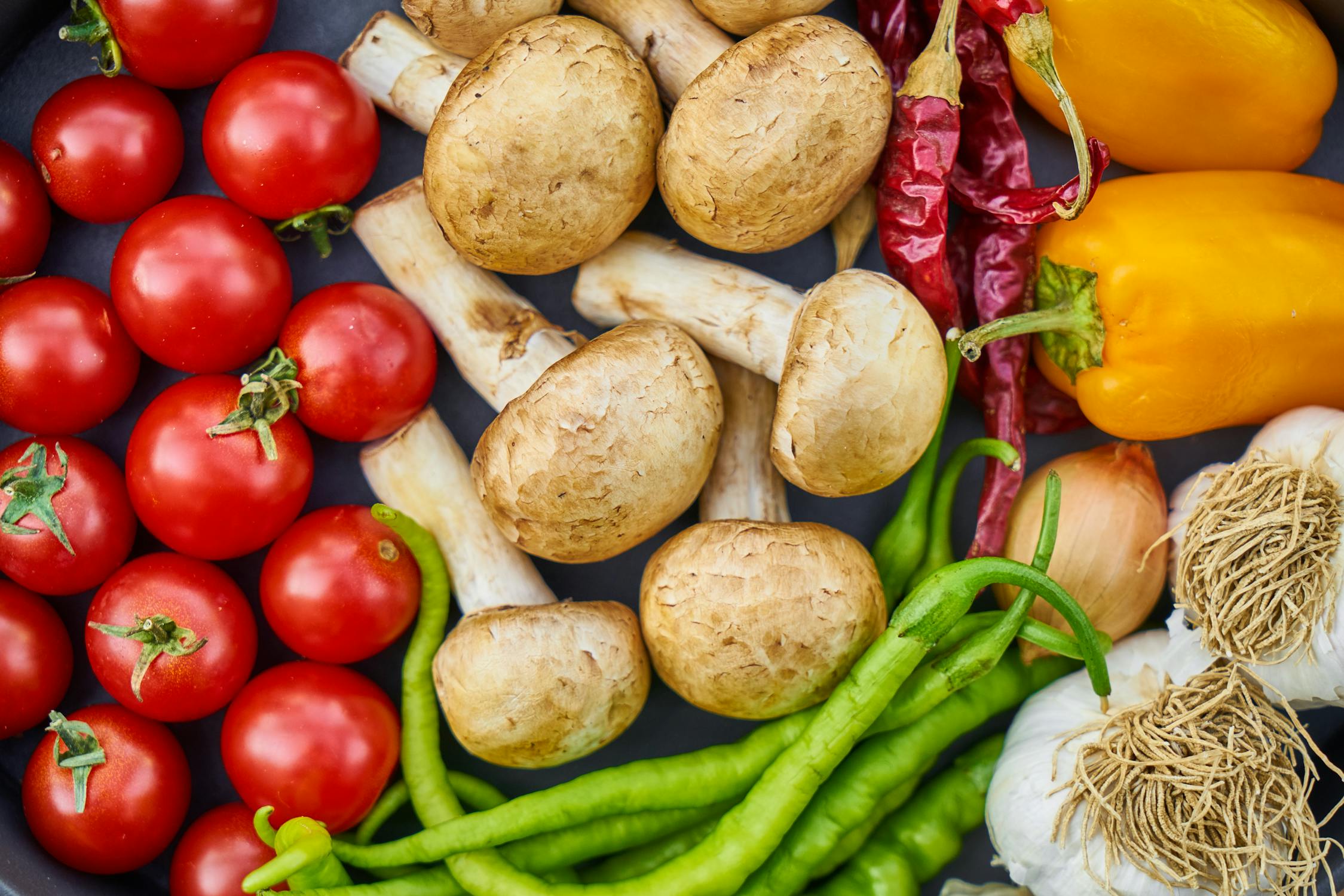How your diet affects your mood

The food you consume can contribute to your mood, believe it or not! Not only does it fuel the body, but it also has an impact on our mood and mental wellbeing.
The connection between diet and mood is a complex interplay of various physiological and psychological factors. Understanding how your diet affects your mood can empower you to make informed choices about the foods you eat and improve your overall emotional health.
Nutrient deficiencies
A diet lacking in essential nutrients can contribute to mood imbalances. For example, inadequate intake of omega-3 fatty acids, B vitamins, magnesium, and vitamin D has been linked to an increased risk of depression and anxiety. These nutrients play crucial roles in brain function and neurotransmitter production, which regulate mood and emotions.
Blood sugar balance
The foods you eat affect your blood sugar levels. Consuming a diet high in refined carbohydrates and added sugars can lead to rapid spikes and crashes in blood sugar levels. These fluctuations can trigger mood swings, irritability, and fatigue.
A well-balanced diet with complex carbohydrates, lean proteins and healthy fats helps stabilize blood sugar levels to help promote a more even-keeled mood.
Gut-brain axis
The gut and the brain are closely interconnected through a complex network of nerves, hormones and chemicals. The gut microbiome also influences neurotransmitter production and plays a vital role in regulating mood. A healthy gut microbiome, nourished by a diverse and fiber-rich diet, is associated with improved mental well-being.
Inflammation
Certain foods, such as highly processed and sugary items, can trigger inflammation in the body. Chronic inflammation has been linked to an increased risk of depression and other mood disorders.
Conversely, consuming an anti-inflammatory diet rich in fruits, vegetables, whole grains, and healthy fats can help reduce inflammation and promote a more positive mood.
Serotonin production
Serotonin, often referred to as the "feel-good" neurotransmitter, is synthesized in the brain from the amino acid tryptophan. Tryptophan-rich foods, such as turkey, eggs, nuts, and seeds, can boost serotonin levels and promote feelings of happiness and relaxation.